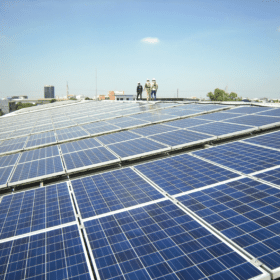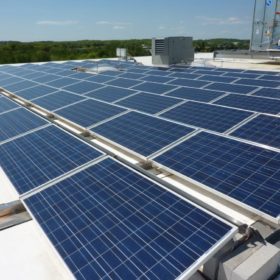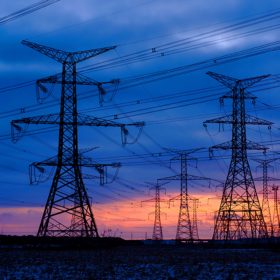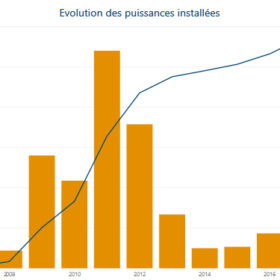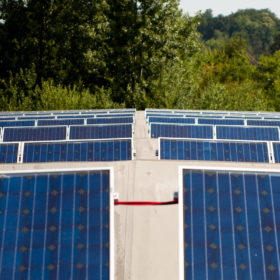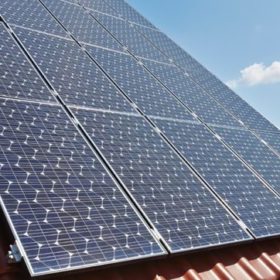Belgium becomes a GW solar market
The central European country had its best year in terms of new PV deployment in 2020 with around 1,010 MW of installed capacity. Its cumulative solar capacity surpassed 6 GW at the end of December.
Belgium deployed 900 MW of PV in 2020
Renewable energy production increased by 31% and now represents 18.6% of the country’s electricity mix. Its cumulative PV capacity increased from 3,887 MW at the end of 2019 to 4,788 MW at the end of December.
Wallonia’s prosumer grid fee comes into force
The tariff, imposed by the regional energy regulator for use of the distribution network, will be charged via bills issued by electricity suppliers.
Belgium deployed more than 500 MW of PV in 2019
The country’s cumulative installed PV capacity reached 4.82 GW at the end of 2019. Most of last year’s new PV additions were rooftop projects, but Engie also started up a 100 MW solar park.
Belgium needs PV to meet obligations
Part three of our series on solar’s less covered markets takes us to Belgium, where despite impressive instsllation numbers from the rooftop market, a lack of volume means the country is unlikely to hit its EU mandated 2020 targets for renewable energy.
Wallonia’s grid fee for prosumers will apply only to new systems
The controversial charge for residential PV systems will apply only to installations connected to the grid after July 1, and will come into force from 2020. Wallonia has around 1.1 GW of installed solar capacity, most of it residential PV systems.
Wallonia’s controversial residential PV fee may only apply to new systems
The energy regulator of Belgium’s French-speaking region has announced the fee for residential PV will come into force next year and may apply only to installations grid-connected after July 1 this year, as proposed by the regional government.
Belgian solar market grew by 50% in 2017
While new PV additions in 2017 totaling 264 MW, the country’s cumulative PV capacity had reached 3.8 GW. The market’s main driver remains residential PV.
Belgium: Wallonia could close incentive scheme for residential PV
As the government of Belgium’s French-speaking region has announced the possible closing of the incentive scheme Qualiwatt, claiming that self-consumption is now becoming more profitable, the region’s regulator CWaPE warns that the abrupt cancellation of the incentives may have a negative psychological effect.
Belgium: Wallonia publishes new incentive levels for Qualiwatt program
Under the Qualiwatt program, homeowners operating a rooftop PV system of up to 10 KW are entitled to have a deduction on their power bill that is proportionate to the household income.
